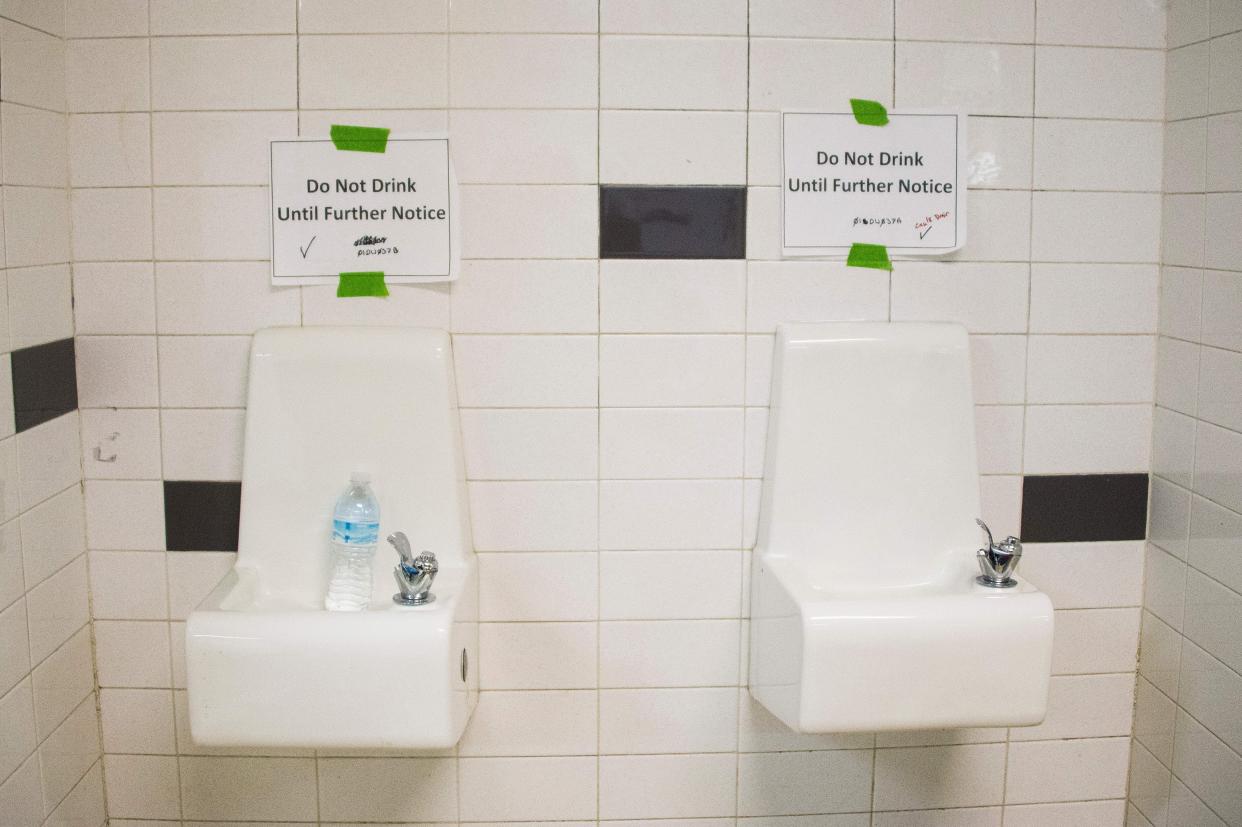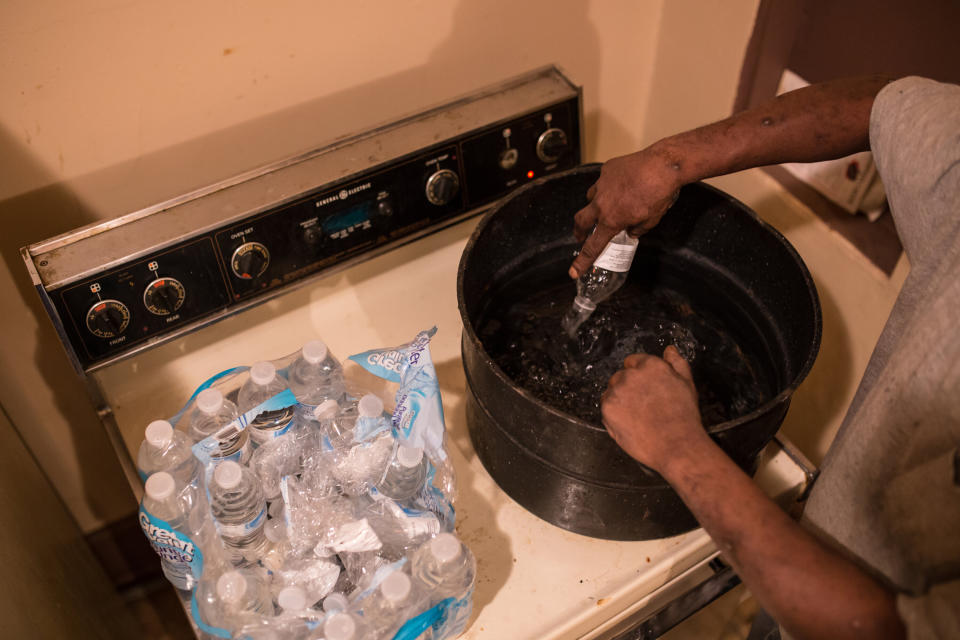Flint Lawmakers Push Bill Allowing More Time To Prosecute Public Officials

State lawmakers representing the city of Flint, Michigan, introduced a bill on Tuesday that would extend the statute of limitations for crimes related to the city’s water crisis.
Michigan Senate Minority Leader Jim Ananich (D) and state Rep. John Cherry (D) said their proposed legislation, which would extend the statute of limitations from six to 10 years for crimes involving public officials, will provide enough time to hold accountable anyone who played a role in the crisis.
“This legislation is necessary to ensure that the people of Flint have the opportunity for justice to be served and not cut short because the previous investigation was conducted irregularly and ineffectively,” Cherry said in a statement announcing the bill.
Without the legislation, the statute of limitation for crimes relating to the man-made crisis is set to expire in 2020, six years after public officials decided to rely on the Flint River to supply the city with water. Their decision, which sent thousands of gallons of corrosive water through Flint’s pipes, precipitated widespread sickness and 12 deaths due to waterborne bacteria.
“Flint will not be able to truly recover until those who poisoned our city are held accountable by the law,” Ananich said in Wednesday’s announcement.

In June, prosecutors in Michigan dropped all criminal charges against people alleged to have played a role in the water crisis. At the time, Michigan Solicitor General Fadwa Hammoud and Wayne County Prosecutor Kym L. Worthy said dropping the charges and starting anew would allow for a “vigorous pursuit of justice.”
The two prosecutors alleged that their predecessors, who served under former Republican Gov. Rick Snyder, left them with an investigation built on a “flawed foundation.”
The legislation’s co-sponsors say an extended statute of limitation would grant investigators more time to comb through a trove of documents discovered in April.
“We want to make sure prosecutors have the time they need to process the voluminous amount of new evidence they’ve got now that [was] not turned over before,” Cherry told ABC News.
Flint residents continue to feel the effects of the water crisis, with many still relying on bottled water due to their distrust of the government’s safety standards.
Related Coverage
Michigan Prosecutors Drop All Criminal Charges In Flint Water Crisis, Will Start Fresh
Ex-Michigan Gov. Rick Snyder Turns Down Harvard Fellowship Amid Backlash
The Democrats In Detroit Are Still Unclear On How To Stop The Next Flint Water Crisis
Love HuffPost? Become a founding member of HuffPost Plus today.
This article originally appeared on HuffPost.

